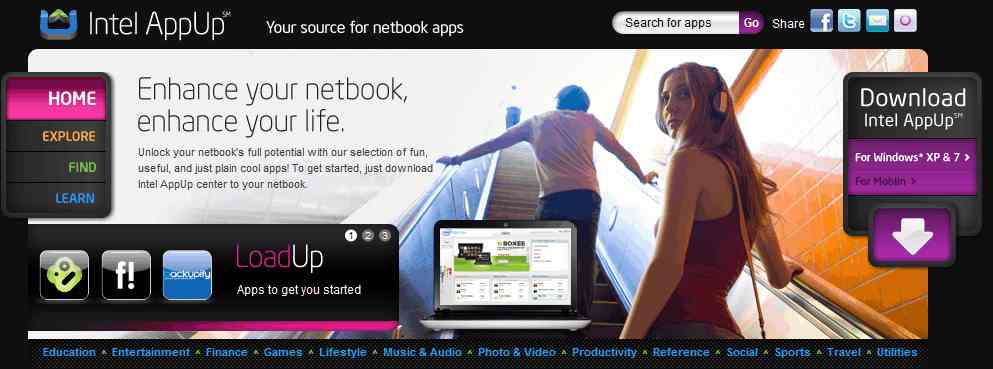| I Programmer's year 2010 |
| Friday, 31 December 2010 | ||||
Page 1 of 3 A lot of stuff happens in a year but this isn't an all encompassing review of the year. So forget the wars, the natural disasters and all matters of politics we focus on 2010 from the programming point of view.
A lot of technical stuff happens in a year but this isn't an all encompassing review of the year. This is the year from a programming point of view and as such it is bound to leave out earth shattering events that you cannot believe would be left out of any review of the last 12 months. So forget the wars, the natural disasters and all matters of politics this is a focus on the programming year. This has to be the year of the smart phone, the app store, Java and HTML5. SmartPhones and AppsOK so the smart phone is hardware and I promised to focus on programming - but programs have got to run on something and in this case the platform that made the biggest impact was the smartphone. The iPhone may have been around since 2007 and the Android since 2008 but 2010 is the year that the phone app took off big time. Microsoft was so moved by the success of the iPhone and Android that they decided to throw away their existing mobile OS and start again with Windows Phone 7. While other smart phone system are worth considering from the users point of view - Nokia, Blackberry and even bada - but from a programmer's point of view there is only iOS and Android with a potential third runner in the form of Windows Phone 7 worth considering. Of course the three phone types promote the use of three different languages and IDEs. The iPhone is ObjectiveC, Android is Java and WP7 is Silverlight and .NET.
This is also the year of the app store. Again, although not introduced in 2010, it made a deep impression. The past twelve months were the time we learned to think differently about selling applications. For a long time there was shareware and commercial apps but now we have the app store and new ways to make money out of code. This year saw advertising paying for programs and programmers making money from trivia. So shallow is the mobile market that you can make a profit on an app that turns the camera flashlight LED on so you can use it as a torch! This isn't to say that there aren't quality programs within apps stores but it gives you some idea of how complete the revolution is. Never has it been easier to market your code and you can give it away for free and still make a profit on the advertising. In 2010 the app store phenomenon "there's an app for that" spread from the mobile world to just about every platform it could, from Intel notebooks ( Intel adds an App Store) to the Mac. So much so that at the end of the year there is even concern that what might stall their growth is simply the shortage of programmers. It looks as if as the new year rolls over the developer is in demand.
JavaThe Java situation in 2010 is also related to the rise of the smartphone in an oblique way. I say "situation" because in 2010 Java became a political battle ground in the old cold war style. Put simply Java never was, and certainly isn't, an open source language. Sun kept enough control to "protect" the language from impurities. Now Sun is no more and Oracle wants to make money. Ostensibly Oracle is still "defender of Java" and so its first major act in 2010 was to sue Google for using patented technology in its Android operating system. How this plays out is a matter for 2011 or even further into the future The lawsuit was the first hint that Oracle might not be following a "serve and protect" motto, more a "self serve and profit" one. Oracle is in the business to make money and currently it isn't clear what this means for Java or the Java community. After attempting to lay down the law to Oracle, the Apache Software Foundation quit Java's steering body (Apache quits JCP as a protest against Oracle) and the world did not fall apart. Oracle and the rest have explained their plans for the future of Java and it looks good. Java 7 and 8 look worth the wait till 2011 and 2012 respectively. (JCP approves Java 7 and 8 road maps)
Programmers being essentially non-political animals will of course just use the new tools and, as long as Oracle doesn't charge them too much, will regard Java in the way they always did. You may feel hurt and upset by the way Java is being run in 2011 but my guess is that most of us are going to carry on using what we know. |
||||
| Last Updated ( Thursday, 17 February 2011 ) |



